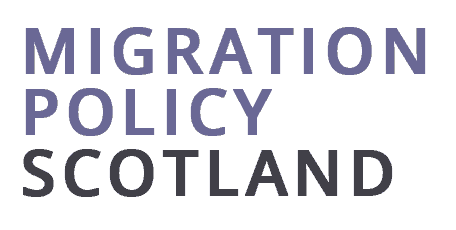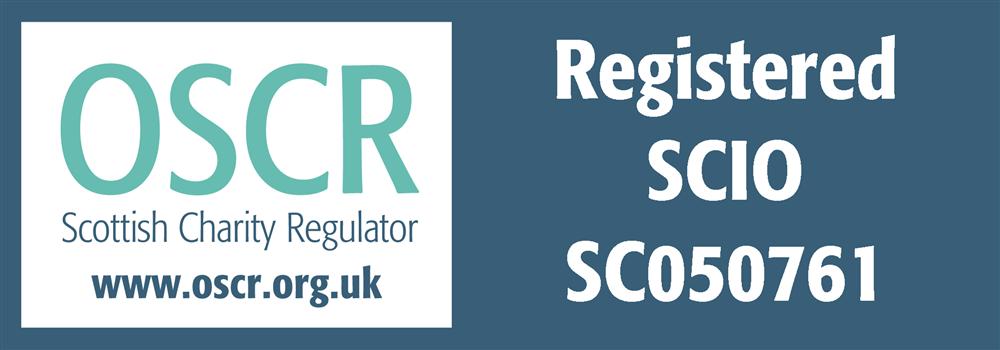About Us
Migration Policy Scotland builds connections:
Between lived experience and professional expertise, between policy and practice, between those seeking to be heard and those seeking to better understand how migration can shape our future.
If you would like to know more about us:
Our History
Migration Policy Scotland plays a pivotal role in meeting the need for a greater capacity on migration-related issues in Scotland. We offer to a focal point for organisations and individuals working on migration or with migrants across Scotland. Our work helps build bridges and drive action on the complex, cross-cutting issues that migration impacts. We are pioneering new approaches to integrating lived experience in policy work.
Migration Policy Scotland was founded to meet the need for policy work on migration in Scotland beyond an existing focus on asylum seekers and refugees. We also seek to meet the need across the UK for policy work on migration that adopts a regional lens and focuses on issues often obscured in national level debates.
Before setting up Migration Policy Scotland we conducted a scoping work in 2019. Funded by the Joseph Rowntree Charitable Trust, we investigated the need for more policy capacity and how it could be met. The scoping exercise included conversations with over 30 people working on migration across Scotland in various roles. We held consultative workshops in Aberdeen and Glasgow that involved a further 20 people. What we found is written up in this report and formed the basis of an online discussion in July 2020 to share our findings and consider the options for meeting the clear need for greater migration policy capacity in Scotland.
Following this consultation and deliberation, MPS Director Sarah Kyambi and our Founding Trustees made the decision to set up an organisation that helps people think together and work together to get the most out of migration and Migration Policy Scotland was born.
We launched in October 2021, having received charitable status and initial funding earlier that year.
Staff
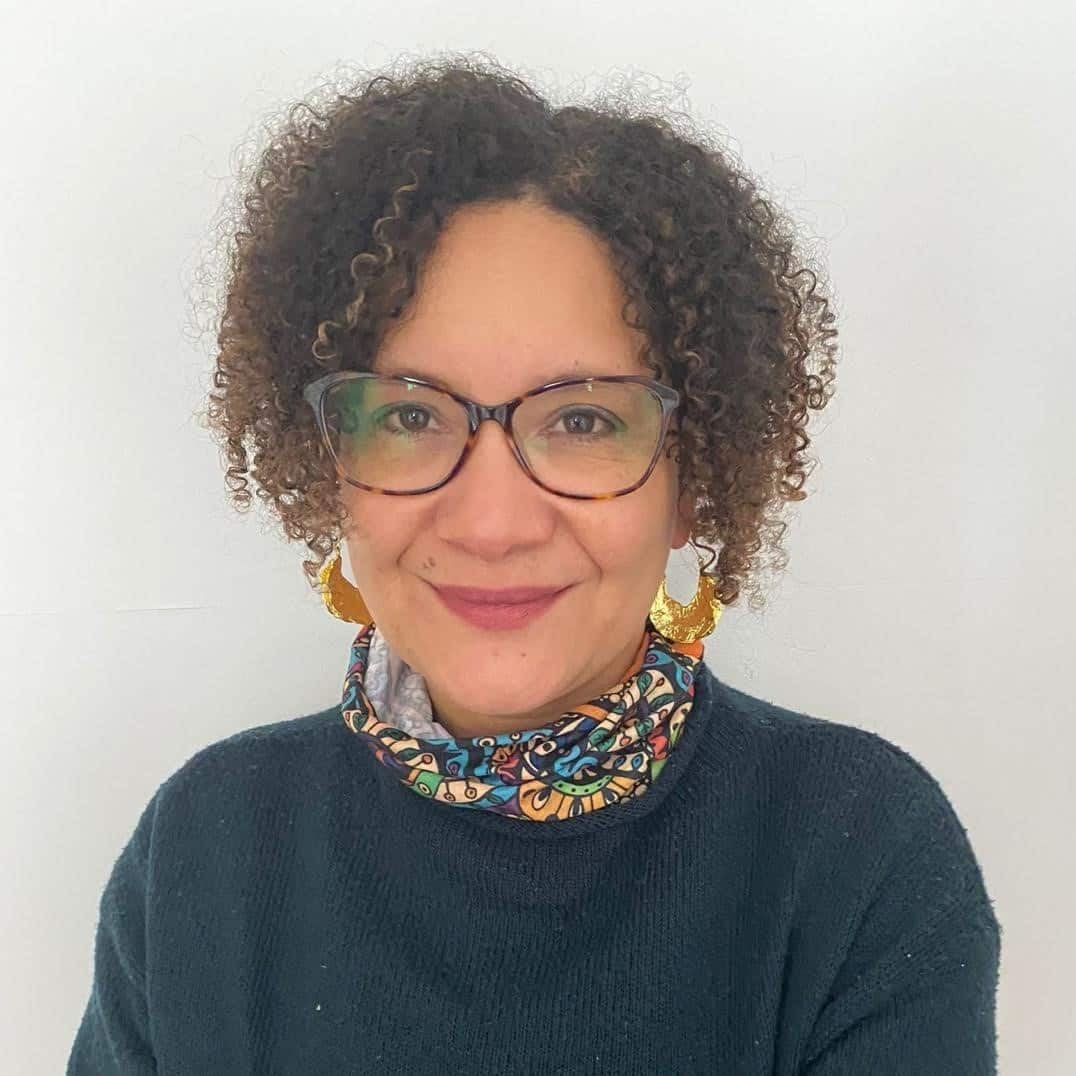
MPS Director, Dr Sarah Kyambi, is an expert on UK immigration policy. Her experience working for think tanks in Edinburgh, London and Brussels showed her the power of bringing different actors together to discuss and learn when shaping policy responses. She founded Migration Policy Scotland in 2020, having become increasingly aware of the need for greater policy capacity on migration in Scotland.
Sarah has high-level experience delivering policy-relevant research and analysis for government, funders and NGOs. Her track-record securing policy impact is particularly strong. She has led several projects that influenced policy thinking on migration. These include:
- Her paper ‘Room for Manoeuvre’ (2009). This was the first to explore the scope for regionalisation within the UK’s immigration system. It became the focus of a Scottish Government National Conversation Roundtable with Minister Mike Russell. It also underpinned the regional immigration policy adopted by the UK Liberal Democrats. When regionalisation gained renewed salience in the aftermath of the Brexit vote, she developed this work further with a report evaluating the options for differentiation with colleagues at the University of Edinburgh.
- Developing the first CoSLA guide for Local Authorities in Scotland on migrant entitlements and eligibility for public services (2012).
- Her work on new immigrant communities at the Institute for Public Policy Research (IPPR) which alerted politicians, policymakers, and the media to significant changes in UK immigration and settlement patterns in 2005. The resulting report was the most widely covered in IPPR’s history and the focus of the BBC born abroad webpages. It led to the coining of the term ‘superdiversity’.
Sarah has been active in the UK migration sector for over 20 years, working with migrant communities and on migrants rights in a variety of roles. These include: Policy Director at the Migrants’ Rights Network, Director and Migrants Rights Scotland, Trustee at Asylum Aid and Legal Caseworker at the Refugee Legal Centre.
She holds a PhD in Law and Social Theory from the University of London (2002).

Migration Policy Scotland Senior Researcher, Professor Rebecca Kay, is an expert on migration issues in Scotland. She has over 25 years’ experience of social research and is particularly skilled in qualitative research including participatory and action research. She is passionate about the importance of a considered, evidence-based, and holistic approach to migration policy, which better reflects the benefits and challenges migration brings, the vulnerabilities migrants experience and the contributions they make.
Rebecca has extensive experience of working directly with policymakers, service providers, employers, host communities and migrants. She designed and led a large 5-year study of migration from Eastern Europe to Scotland involving collaborations with local authorities, community development organisations, employers, museums, and migrant associations in urban and rural Scotland.
- The project brought together expertise from learned and lived experience, recognizing the value and insights which migrants, host communities and professionals working directly on migration issues bring as catalysts for change.
- It produced reports for policy makers and practitioners and community-based action research initiatives.
She has also been involved in research on issues relating to language learning and migrant integration in Scotland.
Rebecca is chair of the Scottish Government’s Expert Advisory Group on Migration and Population which provides advice to government on Scotland’s migration needs and challenges and presents policy options and analysis through a series of regular reports.
Rebecca has a PhD in modern languages and cultures from the University of Bradford (1997) and was Professor in the School of Social and Political Sciences at the University of Glasgow (1999-2023).

MPS Research Assistant, Leri Price holds an MA (Hons) in Arabic from the University of Edinburgh and an MA in Public Policy from the University of York. She is currently completing a doctorate at Heriot-Watt University where her research explores Syrian women’s experiences of home in Scotland. Outside of her academic work, Leri has volunteered with a migration organisation in Edinburgh.

MPS Research Associate, Gianluca Palombo is a researcher, policy consultant and project manager. Since completing his International Relations MSc at the University of Glasgow in 2017, he has worked freelance with a number of charities and organisations including Scottish Refugee Council, Rocket Science Ltd and Ecorys.
In academia, Gianluca has worked for both Anglia Ruskin University and Queen Margaret University, researching and teaching topics such as integration, nature engagement, human rights and health systems. Gianluca has also worked extensively in the third sector in Scotland, managing a vocational training programme for CodeYourFuture and organising refugee rights campaigns for Maryhill Integration Network.
Gianluca is research associate at MPS working to support and further develop our process of co-designing research with our lived experience panel members and partners.
He is assisting in the development of a co-designed project to enhance strategic policy thinking for effective, forward-thinking policy design and implementation to support integration of Scotland’s increasingly diverse populations.
Migrant Lived Experience Panel
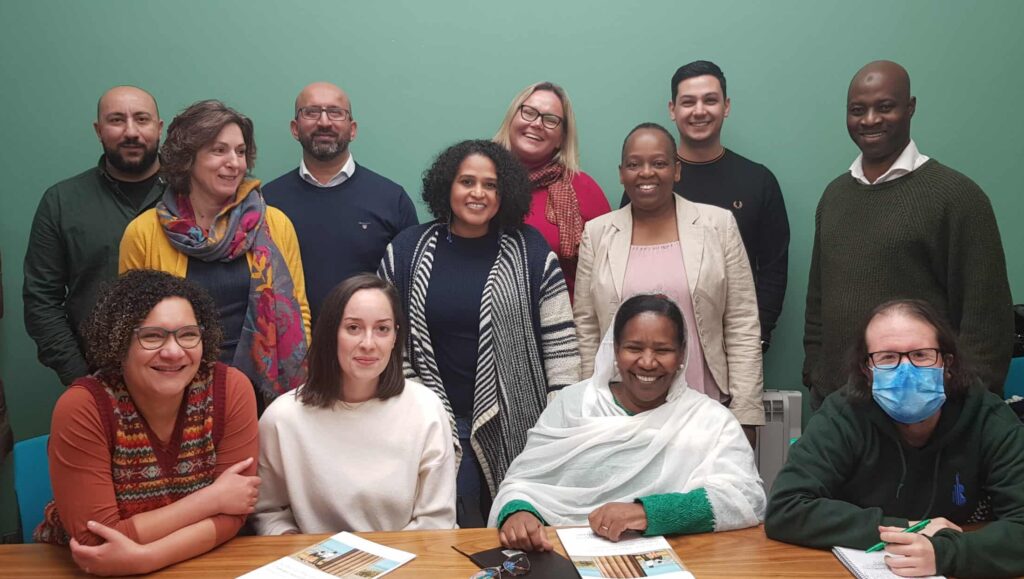
MPS is working with migrants who work on migration issues across Scotland. Together we are developing a new approach to policy research and influencing that integrates migrants lived experience and goes beyond standard representative approaches to lived experience. To date we have developed a peer research model capable of delivering rich and relevant data speedily. We used this powerful research mechanism to inform the migrant user aspect of the Scottish Government’s Talent Attraction and Migration Service. in the Autumn of 2023 we begin co-delivery a two-year research project on migrant financial disadvantage funded by ABDRN Financial Fairness Trust.
Our 10-member Migrant LEx Panel is gender-balanced and weighted to ensure a diversity of migrants by reason for migration, ethnicity and country of orgin. Members of the group work in roles spanning legal casework, community development, advice and support and tech. They offer MPS not only the insight of their own experiences as migrants, but also a more immediate understanding of the experiences of their migrant clients and services users. Over time we plan to co-produce projects centred working in partnership with their home organisations where possible.
Our members are: Angie Mwafulirwa, Ferial Puren, James Verardi, Jamila Hassan, Joanna Peters, Kamal Ibrahim, Marek Balog, Naeem Rehman, Reza Karimi and Shaina Gabi – who represents the Panel within MPS governance.
Trustees

MPS Chair, Grace McGill WS, is a Solicitor in private practice in Scotland with a career of almost 30 years dedicated to the practice of UK Immigration and Refugee law.
She holds a Masters degree in International Human Rights Law. She was the founding and Senior partner of MCGILL & Co, a specialist Immigration law firm based in Scotland, recognised by the legal 500 for the last 7 years as the leading firm in the field with Grace herself recognised as the leading individual for the last 6 years. She and her firm joined Burness Paull LLP in 2021.
Grace has been admitted as an accredited specialist in Immigration law by the Law Society of Scotland and is an appointed trainer & Trustee for the Immigration Law Practitioners Association (ILPA) serving on the Board since 2014. She has been admitted to the Society of the Writers to the Signet (WS) and serves on Council and is also a member of the Professional Conduct Committee of the Law Society of Scotland. She is the Principal author of the Immigration Law Chapter for Stair Memorial Encyclopaedia and a contributor for Lexis Nexis and the International Bar Association. Due to her extensive practice, she has been admitted as a foreign Legal Consultant by the Supreme Court in Texas and is admitted an international associate of the American Immigration Practitioners Association.
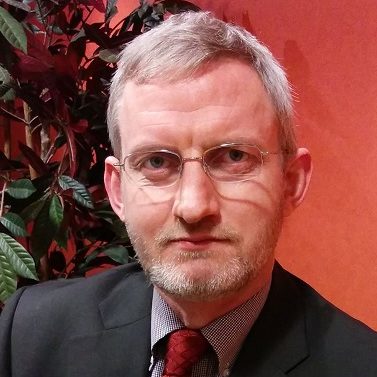
Nick Bibby works at the interface of research and policymaking.
He is currently the director of the Scottish Policy and Research Exchange, which helps academics based at all of Scotland’s HEIs engage more effectively with policy professionals. Nick began his career in political journalism before moving overseas to work as a teacher and lecturer, during which time he helped found an organisation advising migrant workers in Korea on their legal rights. More recently he has worked in media and policy engagement within higher education, developing digital and organisational tools to aid the flow of scholarship into policy. He is a board member of eu+me, a fellow of the Royal Society of Arts, and a visiting fellow at the School for the Study of Canada at Trent University in Ontario.
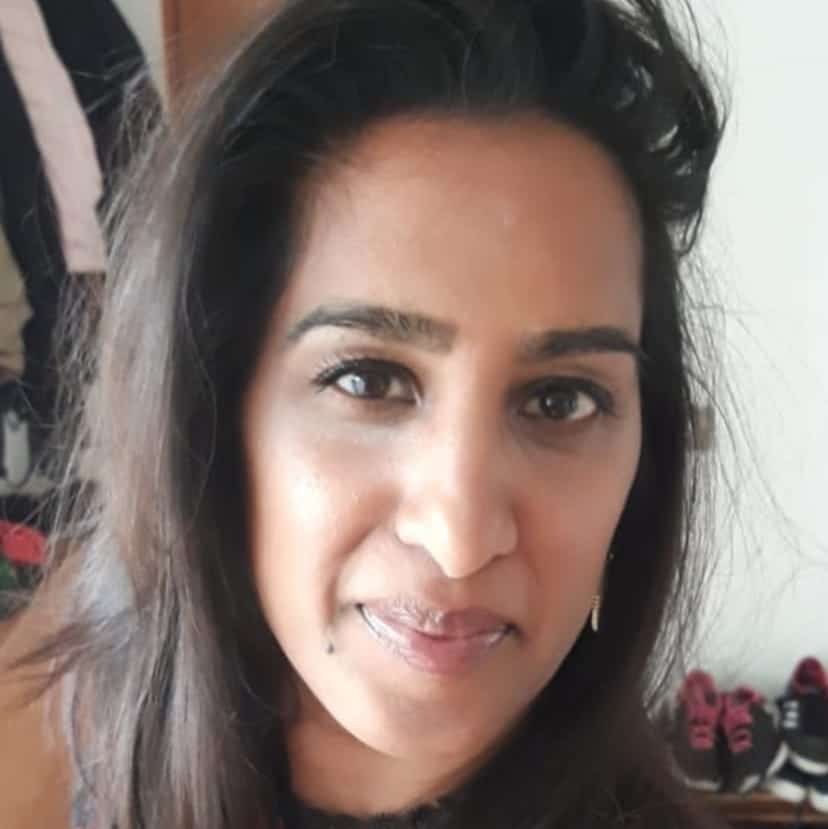
MPS Secretary, Dr Rachel Marangozov has over 15 years’ experience working on migrant integration.
Particularly in relation to labour market
disadvantage, including issues around progression, discrimination and impacts
of migration on particular sectors of the economy. Her expertise is recognised
at both the UK and European level, having held expert roles with both the UK Parliament and the European Commission. She is skilled at communicating her expertise to the broader public and her work on Brexit and the nursing workforce in England featured extensively in the mainstream media. Having spent over a decade at the Institute for Employment Studies, formulating evidence-based policy solutions, she has brought a robust understanding of ‘what works’ to numerous evaluations of government pilots and programmes targeted at structural disadvantage. At the European level, she has developed a number of benchmarking toolkits and policy recommendations in direct engagement with migrant communities and organisations themselves, feeding this up to Member States and the European Commission. Most recently,
her work as thematic expert for the European Commission made a series of key recommendations on how the European Social Fund can advance migrant integration.
Rachel is currently a Director of MigrationWork CIC, which helps communities, policymakers and practitioners respond to migration in practical and evidence-based ways. She holds MPhil and PhD degrees
from the University of Cambridge.
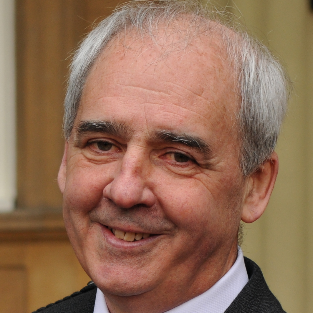
Prof David Bell is a leading UK economist. He is Emeritus Professor of Economics at the University of Stirling, Visiting Professor at the University of Glasgow and Honorary Professor at the University of Edinburgh. He is a regular commentator in broadcast and print media and has been called upon to give evidence to parliamentary committees at Holyrood and Westminster on numerous occasions.
David was a member of the Scottish Government’s Independent Expert Advisory Group on Migration and Population. He is a Fellow of the Academy of Social Sciences (2020), Honorary Fellow, Institute and Faculty of Actuaries (2016), Fellow of the Royal Society of Edinburgh (2003). David has been awarded the order of Commander of the British Empire (2018) in recognition of his outstanding contribution to economics.
Sounding Board
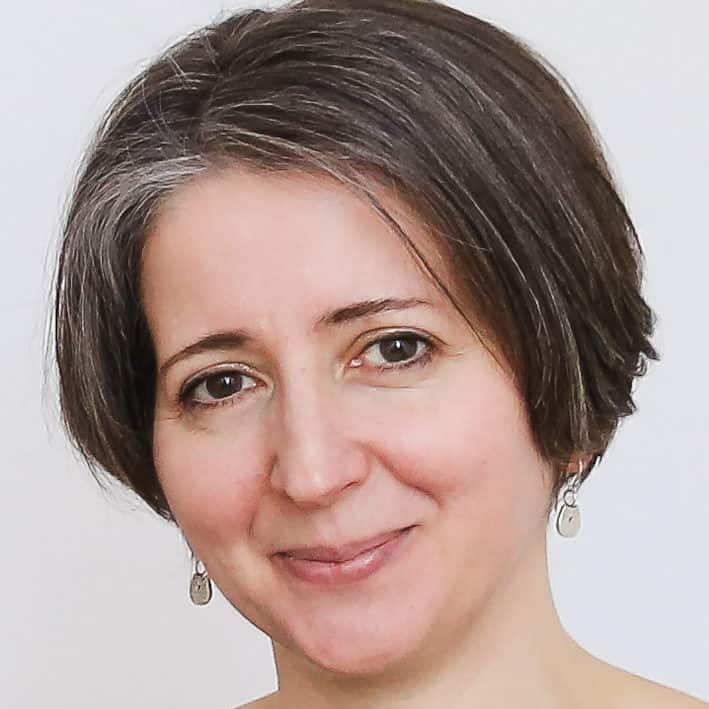
Professor Christina Boswell, is an expert on UK and European immigration policy.
In particular, the role of expert knowledge in policy-making and political debate. She has served as consultant for a range of governments and international organisations, including the European Commission, European Parliament, OECD, UN High Commission for Refugees, and UN Global Commission on Migration. She currently serves as Chair of the Scottish Government’s Expert Advisory Group on Migration and Population. Christina has extensive experience of research management, including as Dean of Research for the College of Arts, Humanities and Social Sciences at Edinburgh University, where she is responsible for research strategy and support for over 2,200 academic staff. From August 2021 she will take up the role of Vice President (Public Policy) for the British Academy.
Christina was MPS first Chair from 2020-2023.
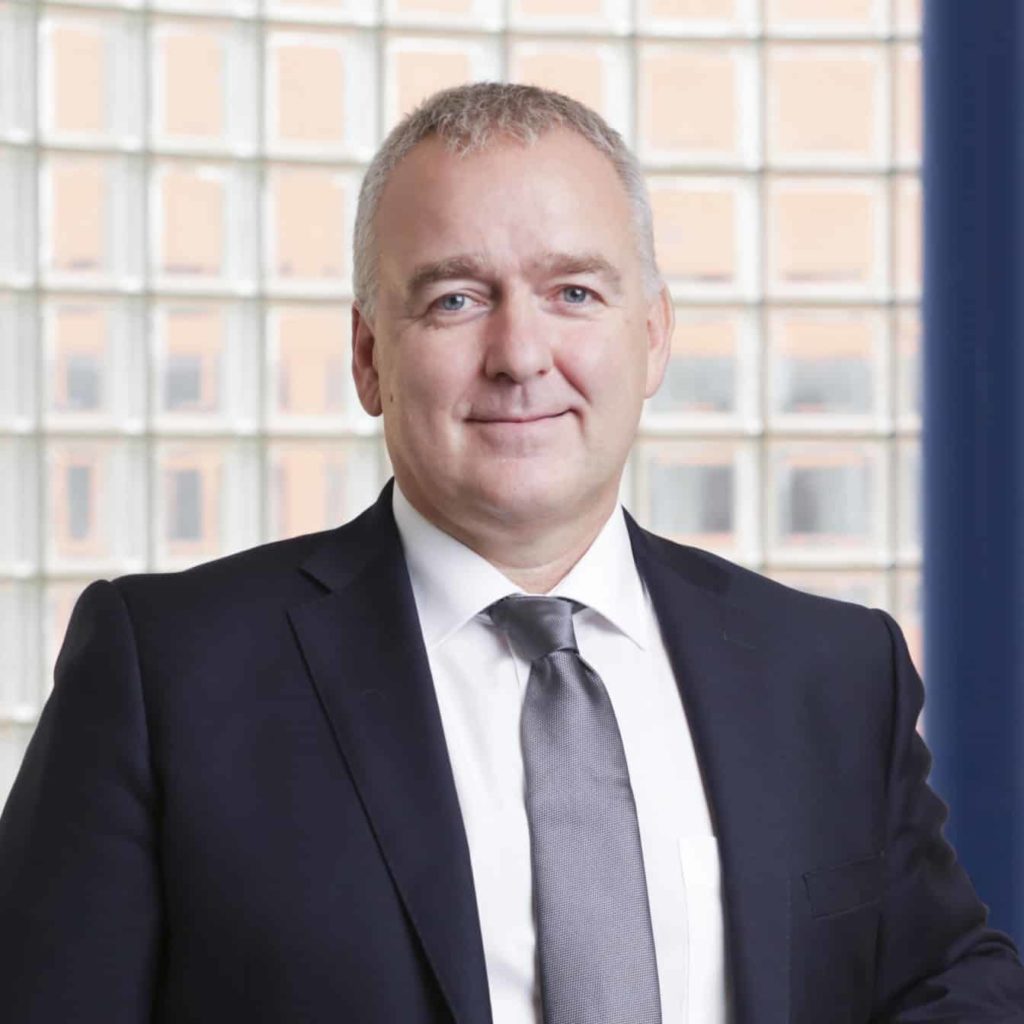
Derek Mitchell was born and raised in Ayrshire and has spent most of his working life in local government in a variety of management and public policy positions. He worked for the first Scottish Government as a Policy Advisor before joining COSLA in 2005, where he became a Chief Officer leading on work with both the UK and Scottish Governments, as well as other key stakeholders. He became Chief Executive of Citizens Advice Scotland (CAS) in August 2017. CAS is the national support organisation for Citizens Advice Bureaux across Scotland which has over 2500 volunteers and 1000 staff. The values and ethos of the service have stood the test of time and Derek’s passion and drive is to give a voice to people who otherwise would not be heard and ensuring policy makers understand the real needs of many people in Scotland when making decisions. He lives in Edinburgh.
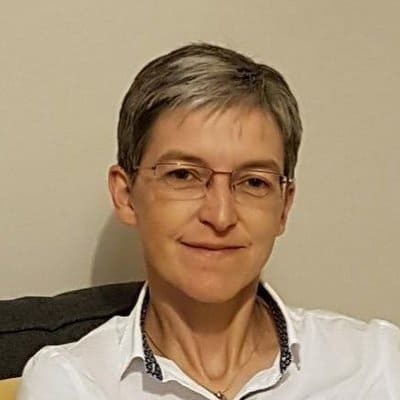
Rebekah has spent much of her career focused on the application of knowledge and understanding to policy and practice.
Rebekah worked in academia for a number of years researching homelessness and social exclusion, before joining the Scottish Government to pursue a more applied research career. She became a senior civil servant in 2008 serving as Head of Rural and Environmental Science and Analysis and as Chief Researcher before moving to policy in 2013 as Head of Higher Education and Science. Rebekah supported a number of strategic advances during her time in Government including helping develop and set up the Centre of Expertise on Climate Change, ClimateXChange to support evidence-informed policy and practice and establishing and working with the Commission on Widening Access to support a more holistic approach to enhancing access to university.
Rebekah left Government in 2017 to become the Chief Executive of the Royal Society of Edinburgh, leading the organisation on a journey of change to enhance its impact and reach. She is currently Vice Principal, People and Diversity at the University of St Andrews and a member of the Board of Management of City of Glasgow College.
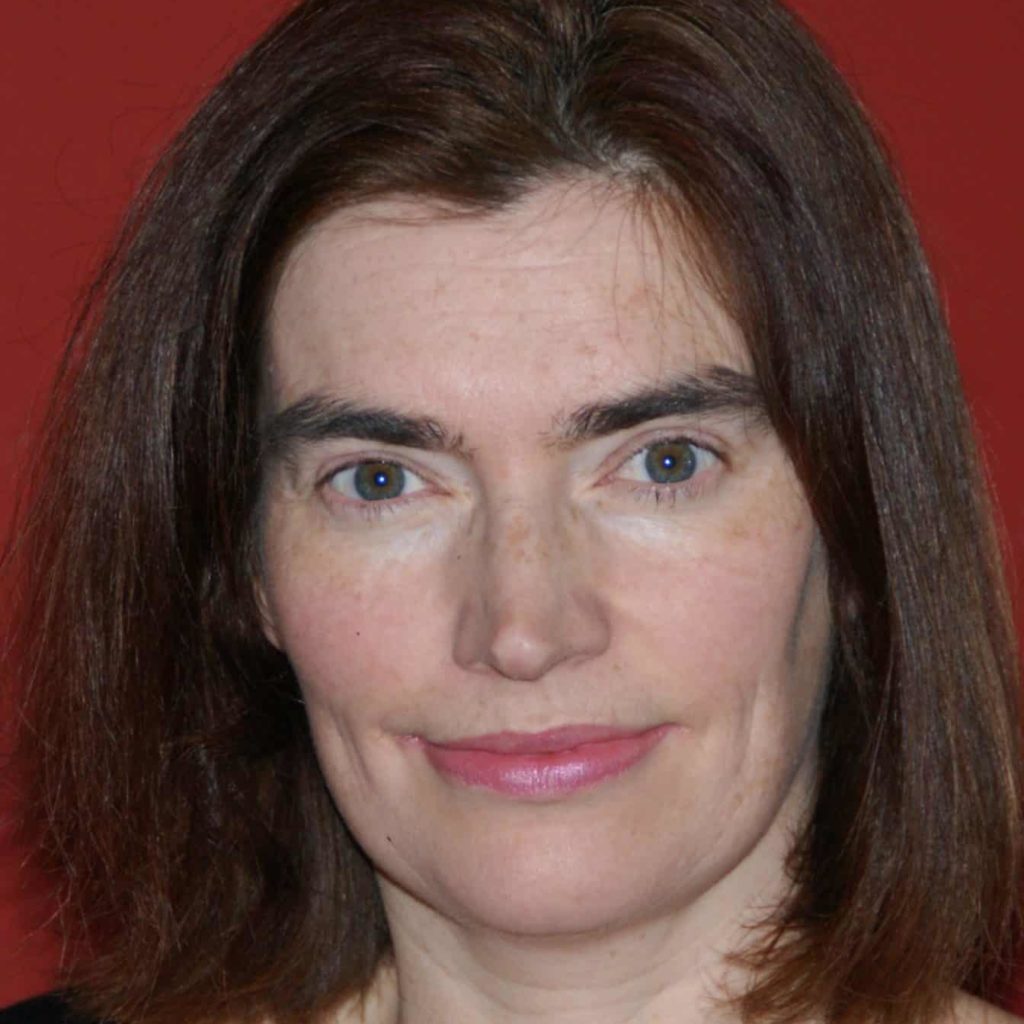
Nicola McEwen is Professor of Territorial Politics at the University of Edinburgh. She was founding Co-Director of the Centre on Constitutional Change, and is also Senior Research Fellow with the UK in a Changing Europe. Nicola specialises in nationalism, devolution and intergovernmental relations, with a focus on Scotland and the UK in comparative perspective. Her current research, supported by an ESRC Senior Fellowship with the UK in a Changing Europe, examines the impact of Brexit on UK devolution and the future of the Union. Nicola is actively involved in informing the policy process and public debate, through media work, public engagement, and advice and support to parliaments and governments.
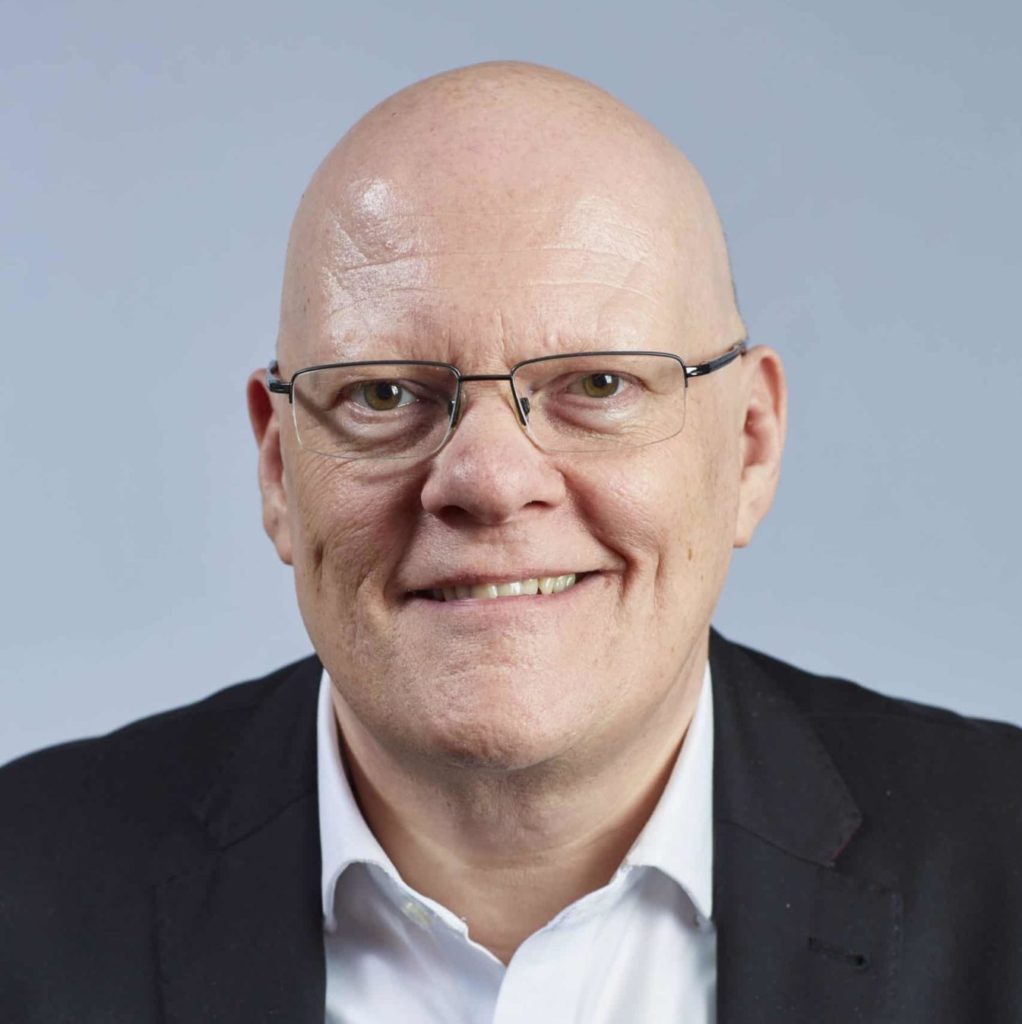
John has been Head of Scotland for the Equality and Human Rights Commission since April 2017. He also served as Scotland Director of the Equal Opportunities Commission between 2001 and 2007.
He has a strong commitment to equality and human rights with long experience in the voluntary, statutory and private sectors in Scotland and the UK. He has been an active campaigner on LGBT, gender and race issues for over twenty years.
John has previous experience of paid and unpaid roles in the voluntary sector. Prior to the EHRC he worked as chief executive of Scottish Refugee Council between 2008 and 2017 and other roles as chief executive of a Scottish HIV and AIDS organisation and Scotland Director of Carers UK.
Graduating in 1981 with a degree in chemistry John worked in engineering and marketing in the electronics and chemicals industries for over twelve years.
John has extensive experience of governance and serving on boards. He served as a member of the Communities Fund (now the Big Lottery) Scotland committee and was a member of the board of Stonewall, the UK’s leading gay and lesbian advocacy and campaigning organisation. Other roles included two years as a trustee of Citizens Advice Scotland, chair of the White Ribbon Scotland campaign, Chair of the Glasgow Council for the Voluntary Sector, member of the ACOSVO (Association of Chief Officers of Scottish Voluntary Organisations) board and a trustee of the University of Strathclyde Students Union.
